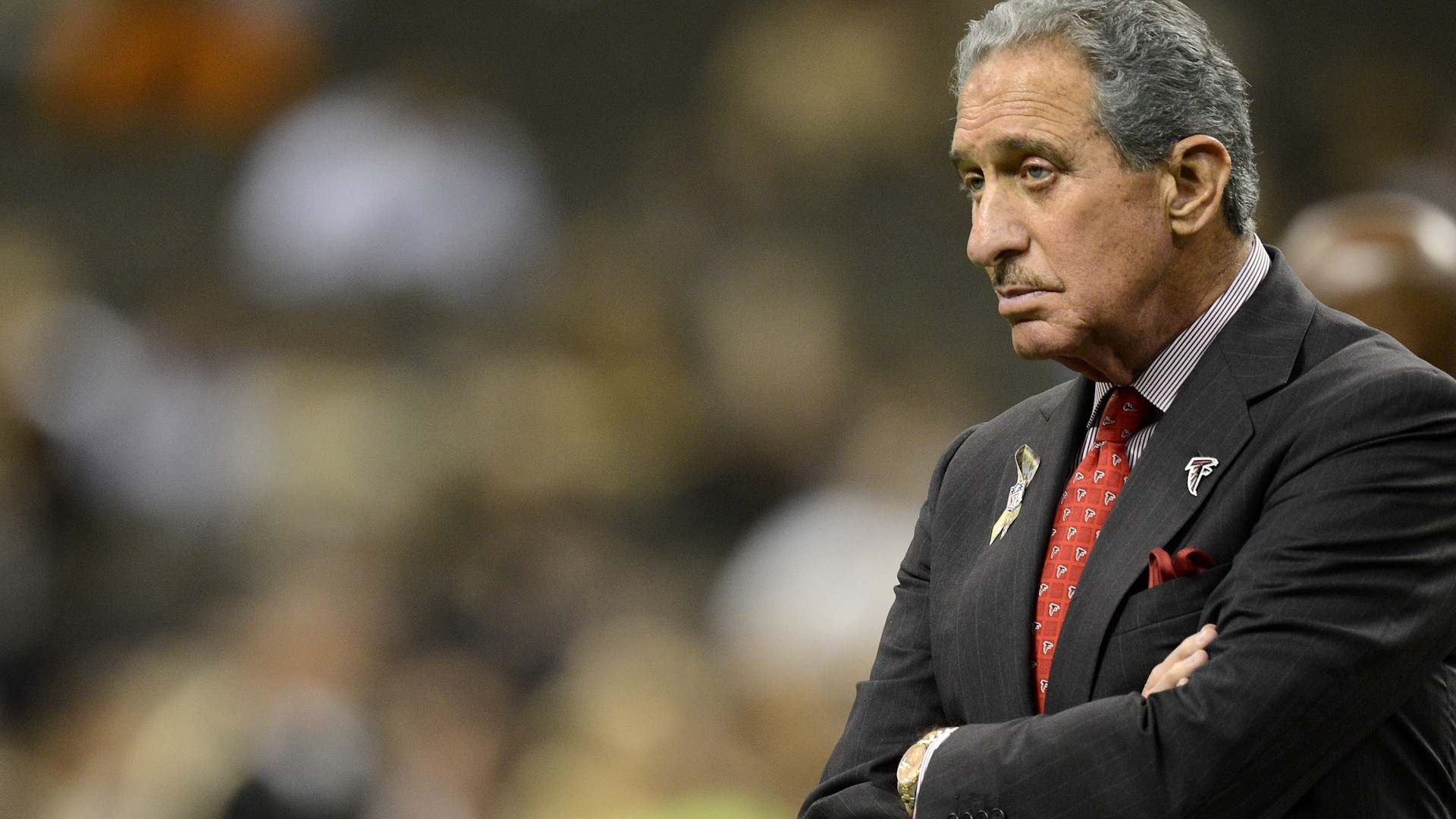American metropolises from coast-to-coast are currently engaged in professional sports arena development projects. The costly move to an outward-facing modernity that a stadium offers with its luxe amenities, enticing entertainments, and grand scale, has taken up root in Detroit, Las Vegas, Oakland, San Francisco, and Washington D.C.Whether it's the MLB, NBA, NFL, NHL, or MLS, each of these stadiums—or, in L.A.'s case, the build up to the 2028 Olympic Games—is a multi-faceted and involved process that is witness to conflicts between local activists, team booster groups, development and real estate companies, the sports franchise itself, and, in one case, the local chapter of the Audubon Society.
Advertisement
Cities both serve and govern. But, for those cities that are facing or coming against issues concerning stadium construction or redevelopment, there's a lot happening and even more ways to get involved.Stadium: The partially publicly-funded Little Caesars Arena, where the NHL's Red Wings play, opened in September.Controversy: The city's NBA franchise, the Pistons, sought to relocate to the new arena using public funds.One Councilwoman, Mary Sheffield, who is up for re-election, initially voted in favor of the proposal, but then considered recanting after her constituents expressed disappointment in her decision. Ultimately, the deal for the team went through despite the efforts of a lawsuit filed by government transparency advocates which was blocked by a federal judge.
Detroit
Action: Currently, the city is in the process of bringing a MLS expansion team to town. In early October, Detroit reached a tentative deal with Tom Gores, owner of the Pistons, and Dan Gilbert, owner of the Cleveland Cavaliers, in a $520.3 million land swap. In exchange for real estate slated for a new jail, Gores and Gilbert have offered to build a "criminal justice complex" on the land of the now-derelict American Motor Company Headquarters. The proposed MLS site would be mixed-use and bring a new entertainment district to the city. Incumbent mayor, Mike Duggan supports the deal. His opponent, Coleman Young II, is stumping on a populist platform. Detroiters can vote for mayor, city clerk, and city council, on November 7, 2017.
Advertisement
Check out more videos from VICE:

Las Vegas
Action: The stadium developers have outlined a community benefits plan (which is part of the requirements mandated in a State Senate bill (pg. 20), but has yet to be made generally available). Still, the plan was deemed non-negotiable recently, and has since drawn ire from local community members.As per the same bill, a "stadium community oversight committee must be created to carry out the community benefits plan." This, as the development process movement rolls on, would be the public's best chance for offering their wants, opinions, and voice to the project if only the Las Vegas Stadium Authority will allow them to get involved.
Oakland
Advertisement
A site has been picked, but now the uphill battle of getting political and community support (the favored site is in mostly-immigrant neighborhood) begins. The A's have offered to redevelop the district which will likely soon have two empty stadiums into "a regional sports complex," that will include "substantial new housing options… a skills center, community gathering space, hotel, and office and retail development."Action: The site of the new stadium will be close to Laney College and the Peralta Community College District. A's President Dave Kaval sent a letter to the Peralta Community College Chancellor expressing all the benefits the new ballpark would bring to his campus (certain structures and facilities would be shared).Considering that the stadium would be built near a lake, concerns over the environmental impact saw the local Audubon Society chapter issue a statement against the stadium. The official website for the stadium, on the other hand, promises "to ensure this project fits in the neighborhood and celebrates Oakland's distinct diverse cultures and history," and touts an economic impact report to underscore the team's claims.
San Francisco
Advertisement
Action: A study of urban decay in an environmental impact report by economist Philip King (on behalf of stadium-opposition group Mission Bay Alliance) was refuted by the San Francisco Mayor's Office of Community Investment and Infrastructure which included a commissioned economic impact analysis (pages 354-377). Following the earlier judicial dismissal, the MBA has filed an appeal to the ruling.The group has promised to litigate "until the cows come home," and you can get involved to help out.
